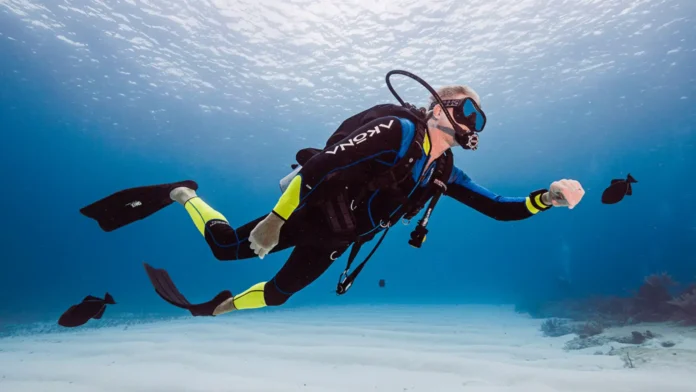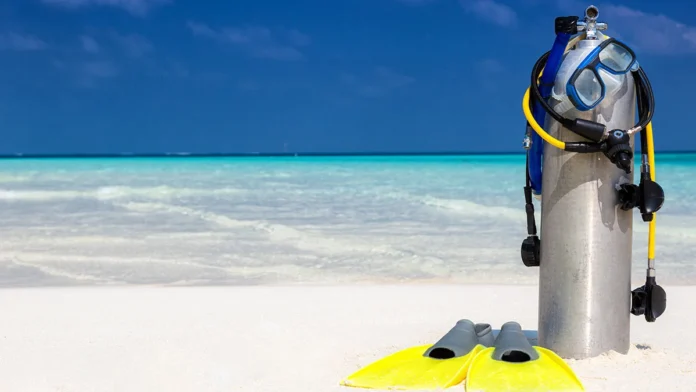Introduction
Have you ever wondered why you always feel the urge to pee as soon as you enter the water, even if you just went? You’re not alone. Many swimmers and water lovers experience this, and it has a scientific name: immersion diuresis.
What is immersion diuresis?
Immersion diuresis is the increased urine production that happens when your body is submerged in water. When you enter cold water, blood vessels in your arms and legs constrict. This pushes blood toward your core to keep you warm. Your body senses this extra blood volume in your chest and central organs. It thinks you have too much fluid on board. In response, your kidneys filter out more water from your blood, creating more urine. That’s why you feel the sudden urge to pee.
Why does immersion diuresis happen?
This reaction is part of your body’s natural defense mechanism to maintain a stable fluid balance. By making you urinate more, your body can reduce what it sees as “extra” fluid and keep your blood pressure under control. While it’s most noticeable in cold water, immersion diuresis can also occur in warm water. Any form of immersion triggers this effect, just more strongly when it’s chilly.
Is immersion diuresis dangerous?
For most people, immersion diuresis is not dangerous. It’s a normal physiological response. However, it can contribute to dehydration if you don’t replace the fluids you lose. Dehydration can increase the risk of fatigue, cramps, and a general feeling of weakness after being in the water. That’s why it’s crucial to hydrate well before and after any water activities, even if you don’t feel thirsty.
How can you manage immersion diuresis?
The best way to handle immersion diuresis is to accept it and prepare. Drink enough water beforehand, but avoid overloading on fluids right before diving. Make sure to hydrate steadily throughout the day. Avoid caffeinated drinks like coffee, tea, and energy drinks before going into the water. Caffeine acts as a diuretic, which means it makes your kidneys produce even more urine. Combined with immersion diuresis, this can lead to dehydration more quickly and increase the risk of cramps and fatigue. Wear appropriate exposure protection to reduce excessive heat loss, which can lessen the severity of immersion diuresis. And most importantly, don’t hold it in! Trying to ignore the urge can make you uncomfortable and distract you from enjoying your time in the water.
Conclusion
Immersion diuresis is one of those funny and slightly annoying parts of being in the water. It’s your body doing its job to stay balanced in an unusual environment. Next time you feel that urge to pee, remember. It’s completely normal!






















